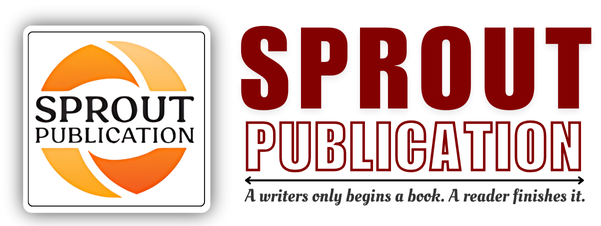Chapter 12: Biological Tests and Assays -II
Chapter 12: Biological Tests and Assays -II
Author: Dr. Surya Prakash Gupta
Volume: 01
First Online: 31 August 2024
Pages: 243-253
DOI:
Abstract
Biological tests and assays are vital for ensuring the efficacy and safety of various therapeutic products, including vaccines and antitoxins. The rabies vaccine is tested primarily through potency assays, which assess its ability to induce protective immunity against the rabies virus. The principle involves immunizing animals, such as mice, and then challenging them with the rabies virus to verify the vaccine’s effectiveness. The advantages of the rabies vaccine include its ability to prevent a potentially fatal disease following exposure, with widespread use in post-exposure prophylaxis. Tetanus antitoxin, used to neutralize tetanospasmin toxin, is tested for its potency through toxinneutralization assays, where its ability to neutralize the toxin is evaluated in animal models. This antitoxin is crucial for treating tetanus infections and providing immediate protection. Similarly, tetanus antiserum, which contains antibodies against tetanospasmin, is assessed using potency tests that measure its efficacy in neutralizing the toxin and providing passive immunity. The tetanus antiserum is valuable for rapid treatment in cases of tetanus exposure. Oxytocin, a hormone used in various medical treatments, is tested through bioassays that measure its effectiveness in stimulating uterine contractions or milk ejection. The advantages of oxytocin include its essential role in labor induction and postpartum care. These biological tests and assays ensure that each product is safe, effective, and meets regulatory standards for clinical use.
Keywords: Biological tests and assays, Therapeutic products, Rabies vaccine, Potency assays, Protective immunity, Immunization, Rabies virus

